Assessment
We provide multiple forms of feedback to you and your child:
Timely Feedback on Individual Practice Items
Within 24 hours of your child’s submission of a practice, we provide extensive verbal and written feedback (the extent varies depending on the practice). Check the comments section of the practice for our feedback. We almost always also include audio and visual feedback within the practice. Click play to watch.
Note: June Writers balances immediate praise and critique with giving room to children to try new, scary skills, make Big Brain Leaps, and hold onto their joy when we provide feedback on your child’s work. Did they neglect to capitalize the beginning of their sentences on this practice but make no other mistakes because they don’t know the convention or because they’re being silly or pointedly, surgically trying to get a rise out of you—an adult who always reminds them about capitalization? Are they using “creative spelling” because they think it’s roll-on-the-floor funny and their deliberate mistakes reflect a sophisticated understanding of spelling and language or because they truly don’t know how to spell? Sometimes it’s hard to tell in a single practice if you aren’t familiar with a child’s writing. Patterns emerge across multiple practices, and there’s little that bugs kids more than being misunderstood. So, we keep a wider view of the child in mind when approaching feedback, particularly in the early days of working with your child when we are learning how they think and work.
2. Weekly Feedback to You
June Writers scores each practice item your child completes and shares those scores with you at the end of every week. The email includes a written overview of your child’s progress, scores on their work, and advice on whether we think your child will benefit from attending Live Help Hours in the coming week.
In our email to you, we include star ratings of individual practices in your student’s weekly progress report:
⭐️ = Not yet demonstrating mastery of the skills in play in the practice
⭐️⭐️ = Demonstrates mastery of the skills in play in the practice
⭐️⭐️⭐️ = Demonstrates especially strong mastery of the skills in play in the practice
3. Lesson Quizzes
Your child will take end-of-lesson quizzes or answer quiz questions interspersed within certain lessons across all levels of the June Writers curriculum. The quizzes consist of a multiple-choice section and a writing and/or editing challenge. If your child does not demonstrate mastery of the writing skill in that lesson’s quiz, we will ask them to pause and spend more time in that lesson or in extension practices before advancing to the next lesson.
4. End-of-Level Assessments
At the end of each level of the June Writers program, we ask your child to complete one test and one optional self-reflection exercise. The purpose of this test is to check whether your child has mastered all the concepts and skills in the level, give you and your child feedback on the current overall strengths and weaknesses of their writing, and figure out the best next steps in their development as writers and thinkers.
After your child completes the test, June Writers will send you an email with their score, personalized written feedback on their test and overall body of work, and recommendations for next steps. Please allow 24 hours for our response, Monday through Friday.
⭐️ = Not yet demonstrating mastery, needs more time to work on current level skills
⭐️⭐️ = Demonstrates mastery and ready to advance to the next level
⭐️⭐️⭐️ = Demonstrates especially strong mastery and ready to advance to the next level
Note: Grading writing is a subjective process and we strive to be consistent and fair while holding our June Writers to a high standard. Our goal is to give you and your child concrete and meaningful information that you can use to appreciate where your child is in their development and where to focus next, all while never losing sight of the critical importance of joy for children of this age.
Please contact us with questions about our assessment program.
